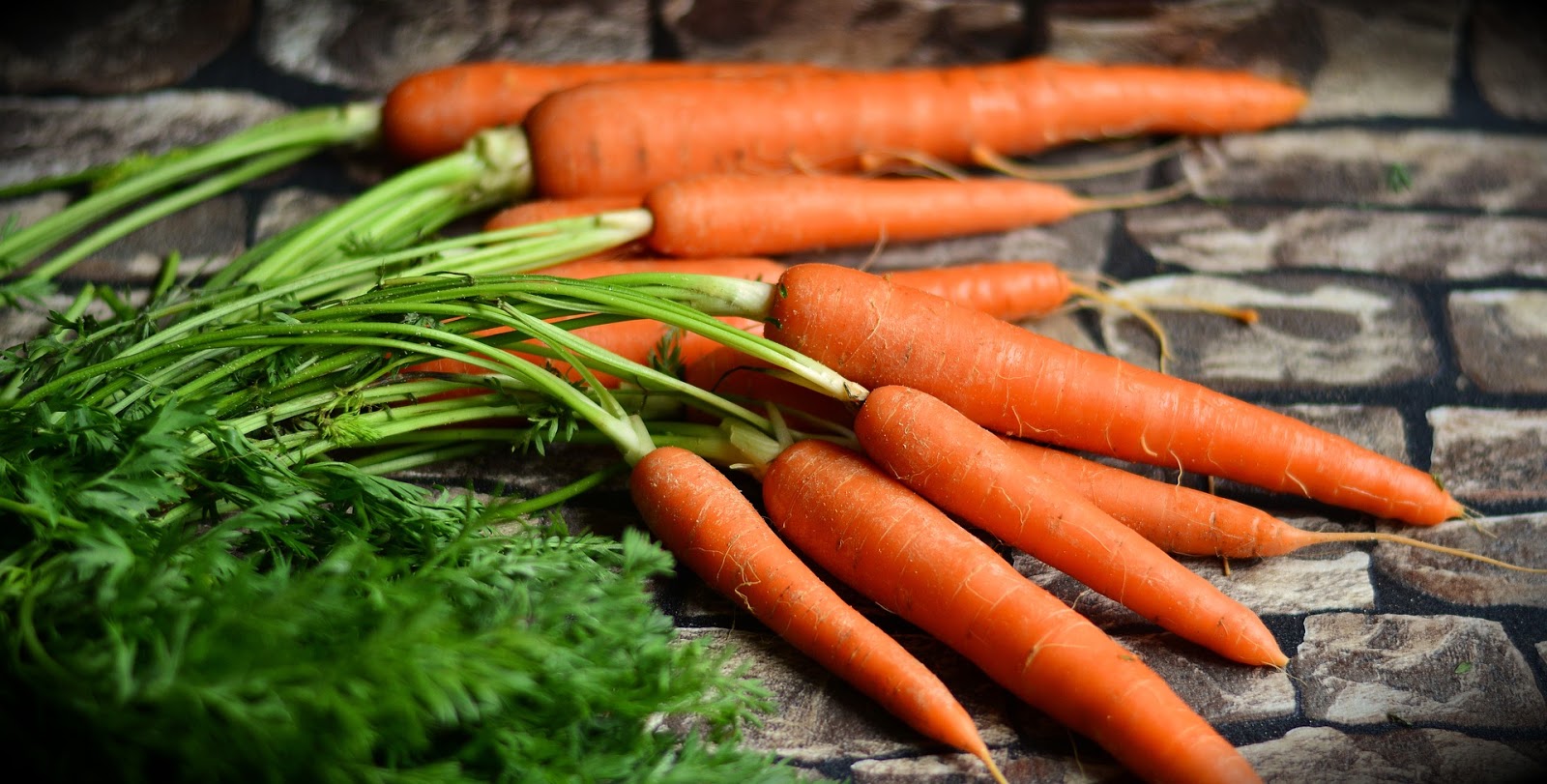
Should You Consume Synthetic Beta Carotene?
Beta-carotene is a strongly coloured red-orange pigment found in fruits and vegetables, like carrots, winter squash, and sweet potatoes. Beta-carotene is a vitamin A precursor, meaning it converts into vitamin A in the body. Vitamin A is an essential nutrient that plays a key role in gene growth and development, maintaining the immune system, and vision and skin health. At high levels, vitamin A can become toxic to the system. So since natural beta-carotene functions as vitamin A in the body, it’s a healthy and safe source of vitamin A.
Studies done decades ago showed that those smokers who took synthetic beta-carotene had developed cancer at a higher rate than those on the placebo. Natural beta-carotene (derived from algae) does not have this danger, and in fact contains the entire family of carotenoids including alpha-carotene, natural beta-carotene, lutein, lycopene, tocotrienols, zeaxanthin, and cryptoxanthin.
Beta-carotene is a carotenoid (a type of organic pigment produced by plants and algae) and functions as an antioxidant (and a much more powerful antioxidant than vitamin A), meaning it protects organic molecules from being destroyed by oxidation. Mixed carotenoids can improve eye problems and skin disorders, enhance immunity and can protect against certain forms of cancer. Studies have shown that beta-carotene lowers the risk of Alzheimer’s and breast cancer. This can be linked to the benefits of eating whole foods in general, in which beta-carotene is found. In addition to carrots, squash, and sweet potatoes, high sources of beta-carotene are found in spinach, kale, apricots, and cantaloupe.
On the flip side, synthetic beta-carotene is a carcinogen and is very dangerous. As we mentioned in our last blog about synthetic vitamin E, and as is the case with several synthetic vitamins, beta-carotene is made of toxic petrochemicals. Specifically, synthetic beta-carotene is made of benzene extracted from acetylene gas. This is far from the organic version that comes from fresh fruits and vegetables and is pretty clear why it’s toxic to the system. In one study published by the New England Journal of Medicine, synthetic beta-carotene was found to increase smokers’ lung cancer rates by 18%. Certain drugs can also be affected by beta-carotene supplements. Statins, some cholesterol-lowering drugs such as cholestyramine and colestipol, and mineral oils used for constipation can all be adversely affected by taking beta-carotene.
When looking for beta-carotene in the supplement store, always read the labels and look for natural beta-carotene. The antioxidant formulas with mixed carotenoids included are the best since other carotenoids like the alpha- and gamma-carotenes are also beneficial. To make sure you’re getting the natural version of beta-carotene, look for the algae “D. salina”, as this will commonly be how the natural source is listed on the bottle. The common chemical structures of beta-carotene are the “cis-” rotation and the “trans-” rotated molecules. Try to find the cis-rotated molecules as they have more anti-oxidation capacity than the trans-rotated variety. The trans-rotated molecules are more often found in synthetic beta-carotene than the cis- version. Or if this is all too confusing, increase your intake of fresh, whole foods including beta-carotene and you’ll be covered!